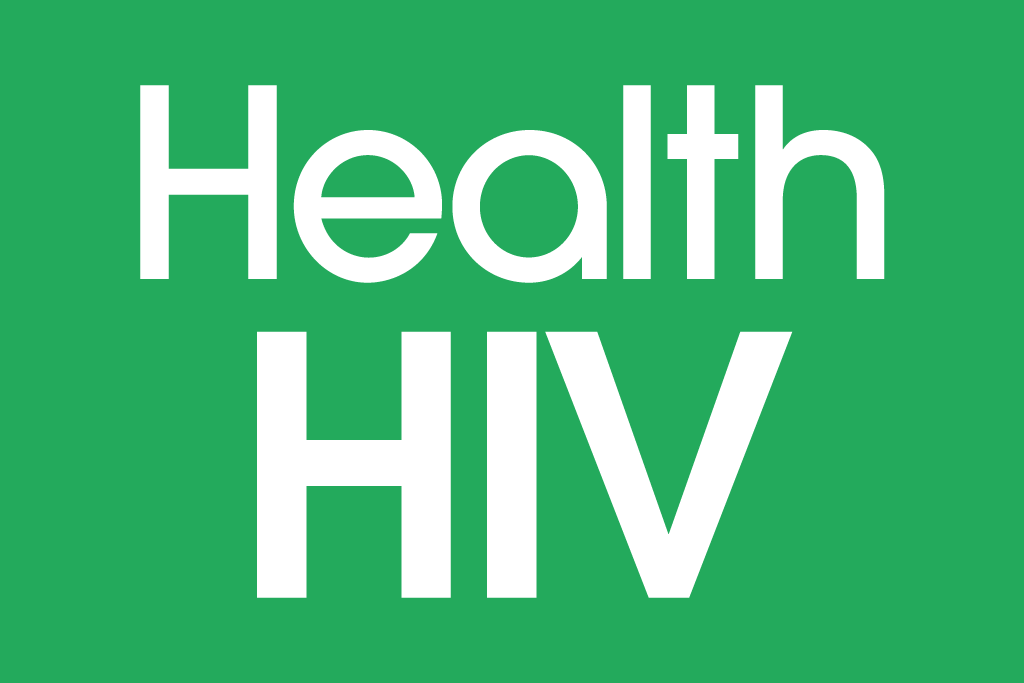Resources for Aging with HIV
This resource center connects you with the latest in research, training, and more to help better coordinate and optimize care for people aging with HIV. You can filter the resources below by title, date, or topic/category, such as care coordination, health equity, and mental health.
Filter Resources by Subject:
Sort Resources by:
A conversation with with Dr Katherine Promer, an infectious disease specialist at the University of California San Diego Medical Center, where she provides primary care to people with HIV about what clinicians need to know when working with and aging population of people living with HIV.
With its extensive experience providing services to meet the need of a growing, and increasingly diverse, population, ACL’s aging network plays an important role in the lives of older adults across the country. Armed with the array of programs funded by ACL to help older adults stay healthy, active and living in their communities, the network is helping support the healthy aging of people living with HIV.
One stop online resource center for ADAP resources information including better decision making for HIV related care, timely updates on HIV related medication, and assistance for advocates and medical staff.
The Affordable Care Act (ACA) provides Americans—including those with and at risk for HIV—better access to health care coverage and more health insurance options. Here are just some of the ways the ACA has improved access to coverage for people with or at risk for HIV.
Medicare, the second largest source of federal spending on care and treatment for people with HIV, will likely play an increasingly important role for these individuals as they age, due to treatment effectiveness and as new infections continue to occur.
As HIV treatment has advanced and more people are managing HIV as a chronic condition, evidence-based health promotion programs can provide support. Find resources to serve adults with HIV/AIDS more effectively in your community.
A collection of health, wellness, and nutrition resources compiled by the Administration for Community Living.
Aging with Pride paints a vivid portrait of the lives of sexual and gender diverse midlife and older adults, documenting a complex relationship between risk and resilience. The landmark study is the first federally-funded longitudinal national project designed to better understand the aging, health, and well-being of sexual and gender diverse midlife and older adults.
Antiretroviral therapies are essential in HIV care. As people living with HIV age and their presence in nursing homes increases, it is critical to evaluate the quality of HIV care. We determine the rate of ART use and examine individual and facility level characteristics associated with no ART use in a nationally representative long stay NH residents with HIV.
Social determinants of health were found to be associated with brain aging among patients with HIV infection, according to results of a retrospective case-control study published in The Lancet HIV.
The Alzheimer’s Disease and Healthy Aging Data Portal provides easy access to national and state level CDC data on a range of key indicators of health and well-being for older adults.
Antiretroviral cocktails can make human immunodeficiency virus, or HIV, undetectable and untransmittable, but both the virus and its treatment can also accelerate aging of bone and muscle.



